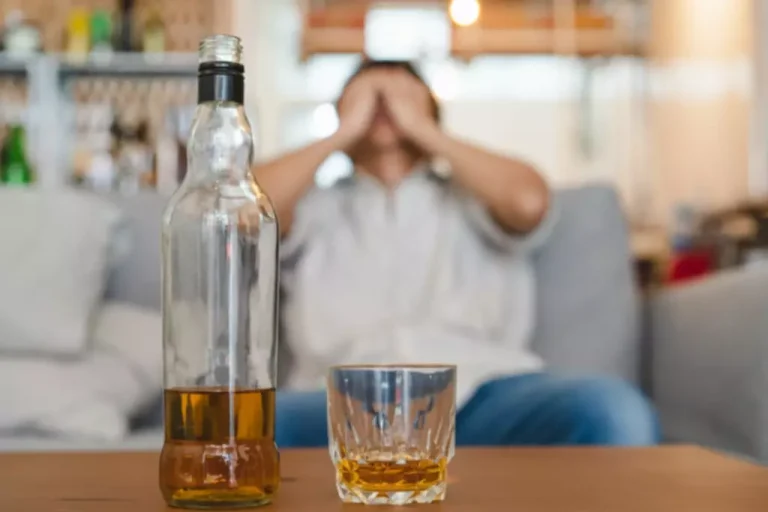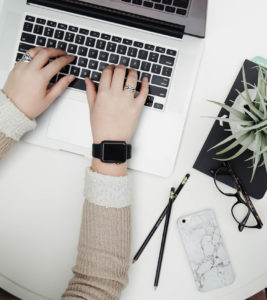Diabetes and Alcohol: How Does Alcohol Affect Blood Sugar?

If you have diabetes and are wondering how much alcohol you should drink, it is worth reading the following list to see how much alcohol is contained in each type of drink. There is no need for people with diabetes to give up alcohol simply because of their diabetes. It’s not uncommon for some people to mistake having a hypo for being drunk. So carry hypo treatments around with you and always wear some medical ID. You should also make sure that whoever you’re with knows you have diabetes, and knows how to help with a hypo if you need them to.
Can You Drink Beer If You Have Diabetes?

Because of this action, blood sugar levels can drop too low and, sometimes, too quickly. People who take insulin or diabetes pills called sulfonylureas are more likely to experience low blood sugars can diabetics get drunk compared with people who take metformin or other types of diabetes medicines. Shortly after drinking an alcoholic beverage (especially on an empty stomach), blood sugar levels may drop.
What are the recommended alcohol guidelines for people with diabetes?

In her spare time, you can find her enjoying all that Vermont has to offer with her family and her dog, Winston. If you’re at risk of hypoglycemia, make sure you carry glucose tablets, gel, or liquid. Hypoglycemia treatments such as juice or regular soda might be available where you are consuming alcohol, but it’s best to have treatments on hand.
Can people with diabetes drink alcohol?
- Before heading out to a bar or restaurant where you plan to have a drink, put on your medical ID bracelet.
- If all of them drank one alcoholic drink every day during that year, 918 of them would develop such a problem – an extra four people.
If you notice you are experiencing symptoms like dizziness, slurred speech, confusion or feeling sleepy after drinking, you may be experiencing hypoglycemia. Talk with your health care provider to make sure you have a game plan, such as keeping glucose tablets or other quickly absorbed forms of sugar on hand, should this occur. Drinking moderately in accord with the recommended guidelines, should definitely not be ruled out. Some alcohol, red wine in particular, may even offer health benefits, not that that means you should take up drinking. Low carbohydrate and low-alcohol drinks may be better than standard alcohol, but the dangers still need to be considered. Often alcohol is mixed with fizzy, sugary drinks that can impact on blood sugars.
What About Drinking Alcohol If You Have Diabetes?
‘There is no magic number here – no cliff edge where, if you drink below that level you’re safe to drink, and over that and you’re going to die,’ he says. Calculate the cost of drinking below or visit our Cost of Drinking Calculator for more information. American Addiction Centers (AAC) is committed to delivering original, truthful, accurate, unbiased, and medically current information. We strive to create content that is clear, concise, and easy to understand. Any information published on this website or by this brand is not intended as a substitute for medical advice, and you should not take any action before consulting with a healthcare professional.
Does alcohol affect blood sugar levels in diabetes?

They should also check these levels at bedtime to ensure that they are stable before sleeping. Insulin resistance does not immediately lead to overt diabetes, because the patient’s pancreatic beta cells initially can increase their insulin production enough to compensate for the insulin resistance. In fact, insulin-resistant people have higher than normal insulin levels (i.e., are hyperinsulinemic1). Ultimately, insulin secretion declines even further, to levels below those seen in nondiabetics (although generally still higher than those seen in type 1 diabetics). At that point, when a deficit in insulin secretion is combined with a state of insulin resistance, the person develops type 2 diabetes. Thus, whereas type 1 diabetes is characterized by a complete lack of insulin production, type 2 is characterized by reduced insulin production plus insulin resistance.
If you have one or more drinks a day, you may find that your A1C is lower than during times you weren’t drinking. But if you don’t drink regularly, this doesn’t mean you should start. After all, other aspects of moderate drinkers’ lives may be behind the link. Signs and symptoms of hypoglycemia can be similar to the effects of excess alcohol consumption. People who don’t know you, such as law enforcement personnel, might attribute these signs and symptoms to intoxication and not realize you have diabetes.
A person should avoid sweetened liquor or alcohol mixed with sodas or punch. The same is true of cocktails made with regular soda or mixers, simple syrup, and other types of added sugar, or fruit juice. Dessert wines contain considerably more sugar than other types of wine. Alcohol takes longer to be absorbed into your bloodstream if you have food in your stomach. Let’s get a plan together with diabetes educator Andrea Harris, RN, CDCES.
- LDL cholesterol is strongly related to cardiovascular disease and stroke and has been called “bad” cholesterol.
- The liver normally re-incorporates free fatty acids into triglycerides, which are then packaged and secreted as part of a group of particles called very low-density lipoproteins (VLDL).
Trying to lose weight?
- Drinking alcohol can be an especially dangerous activity for people with diabetes — here’s why.
- Certain diabetes complications, such as neuropathy (nerve damage) may be worsened by drinking alcohol.
- Moderate alcohol consumption does not raise the risk of type 2 diabetes; however, heavy consumption might.
- Two of the hormones (i.e., insulin and glucagon) are potent regulators of blood sugar levels.
- It’s not uncommon for some people to mistake having a hypo for being drunk.
Alcohol consumption can exacerbate the diabetes-related lipid abnormalities, because numerous studies have shown that heavy drinking can alter lipid levels even in nondiabetics. Light drinkers tend to be mostly spared from the effects on the liver, but for heavy drinkers, the liver becomes inflamed, which can be dangerous over time,” says Dr. Mosquera. That said, your liver has to work hard to process and filter alcohol, no matter the quantity. Studies show that excessively consuming alcoholic beverages of any kind increases your risk for chronic diseases such as heart disease, liver disease and kidney disease.

For example, studies have shown that for people who have type 2 diabetes, occasionally drinking alcohol may slightly reduce glucose levels. People with diabetes can carry glucose tabs in case of an emergency, and they should check their blood sugar levels regularly. They should also remember that some diabetes medications may not work if they consume too much alcohol.









Komentar